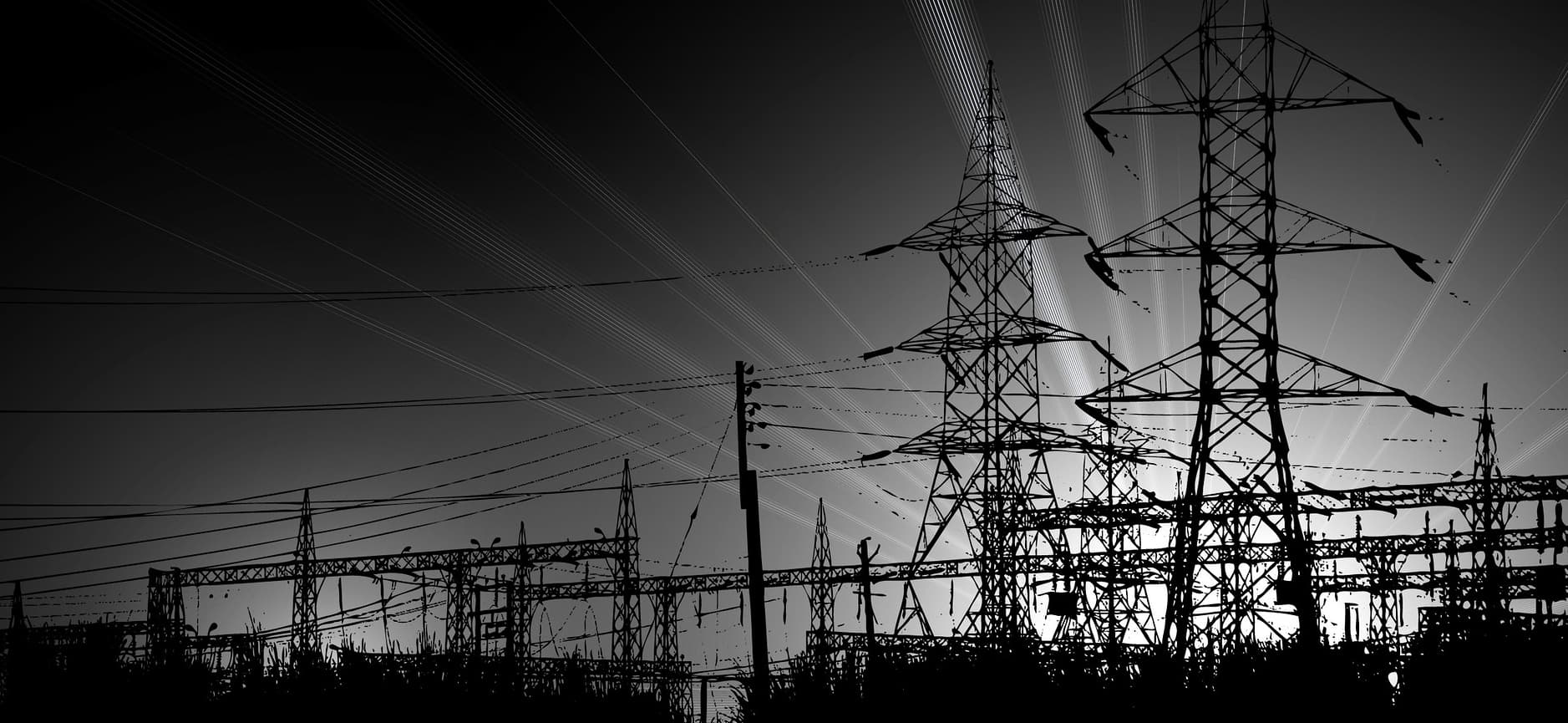
Pakistan has long been a country where the deep state has often shut down access to communications – telephones earlier today internet and social media – on grounds of national security. Over the last few months these shutdowns have become more frequent.
In a recent statement the Human Rights Commission of Pakistan (HRCP) expressed concern at “the impact of continued disruptions to internet connectivity and their impact not only on people’s right to information and freedom of expression, but also on the livelihoods of those who depend on stable mobile internet connections to run small businesses or operate as freelance workers.”
The HRCP “strongly believes that the right to connectivity is a fundamental right—not a privilege. Instead of protecting this right in a country of millions of young people who depend increasingly on access to the internet as a means of exercising their civil, political, economic and social rights, the government has sought to control flows of information, initially by banning the platform X in February 2024 and then by attempting to monitor internet traffic through a ‘firewall’ and subsequently a ‘web management system’, the specifications of which remain shrouded in secrecy.”
Further, HRCP noted that such shutdowns affected “hundreds of thousands of low- and middle-income gig workers whose operations, service delivery and ability to attract and retain customers for whom “internet outages and slowdowns in the midst of a cost-of-living crisis is unacceptable, especially in a tottering economy.”
The HRCP called upon the government to “immediately roll back the proposed firewall and ensure that all citizens and residents have access to affordable and reliable connectivity.”
![]()





